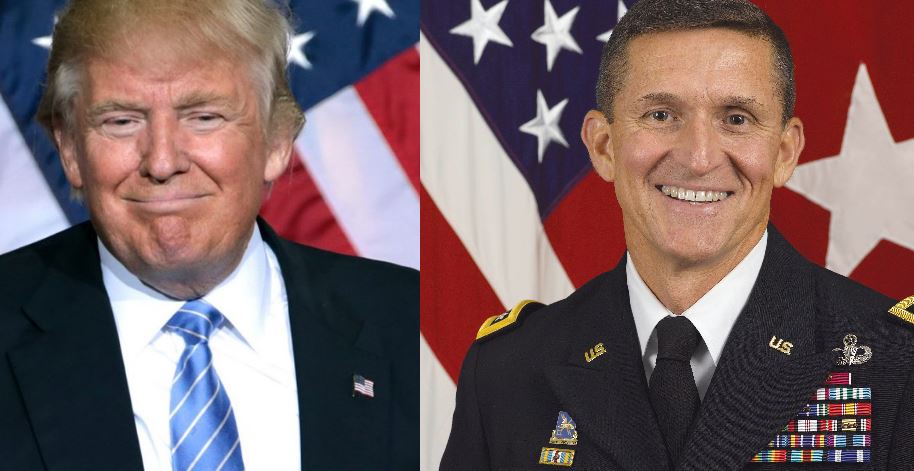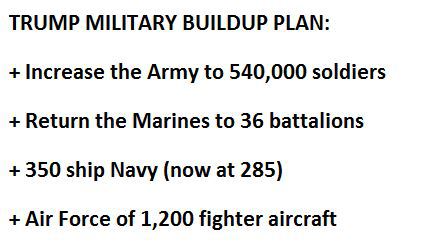Trump and his security team ‘inheriting’ Obama’s national security crisis

The chairman of the House Armed Services Committee, Rep. Mac Thornberry (R-TX), on Wednesday released the House of Representatives report for the Fiscal Year 2017 National Defense Authorization Act. While the officials who will be overseeing the FY2017’s military budget, including newly inaugurated President Donald Trump and his national security adviser Gen. Michael Flynn, had no part in the process, outgoing President Barack Obama is expected to approve the budget and its supplemental expenses.
The NDAA has a budget of $618 billion for national defense for the next fiscal year. It entails President Barack Obama’s original request for $610 billion, plus it authorizes an additional $5.8 billion for U.S. operations in Afghanistan and Iraq where the military is combating the Islamic State of Iraq and Syria (ISIS) and the Taliban. The final package also provides an extra $3.2 billion for what’s termed Readiness Stabilization Funding to end the deep cuts within the armed forces branches, which are “fueling the readiness crisis.”

Chairman Thornberry said in a statement: “I am proud of the work that members on both sides of the aisle and in both chambers have done to bring the NDAA to the floor. Their efforts allow us to make real progress on increasing the strength and agility of our Armed Forces. We reform the way the Pentagon buys weapons to get cutting-edge capabilities in the hands of our troops faster. We stop the shrinking of the force, and allow the services to grow again so that they can better meet their demanding deployment schedule.”
The lawmakers also looked at the problems with the Veterans Administration medical care for former military members. “We reform the military health care system to provide more options and better access without raising costs on retirees or those currently in the force, and we honor the service of our troops and their families by giving them the full pay raise they have earned,” said the congressman.
During the Obama administration, the Readiness Stabilization Funding Budget cuts significantly reduced overall training and equipment for the armed forces preparing to deploy. National security as a result suffered through a crisis that alleged caused injuries, even deaths.
Cyber Warfare and Security
According to a released version of the fiscal 2017 National Defense Authorization Act, the U.S. Cyber Command is set to become a full combatant command, but the its current leadership role will continue at least until the Trump administration takes power and makes changes in command and control.
As a result of FY17 NDAA, Cyber Command possesses equal standing with Southern Command, Central Command, Africa Command and the other regional commands throughout the world. This development was predicted and advocated by Pentagon leaders and advisers as well as intelligence officials.
“With the advice and assistance of the chairman of the Joint Chiefs of Staff, the president, through the secretary of Defense, shall establish under Section 161 of this title a unified combatant command for cyber operations forces,” the report states. “The principal function of the command is to prepare cyber operations forces to carry out assigned missions.”



